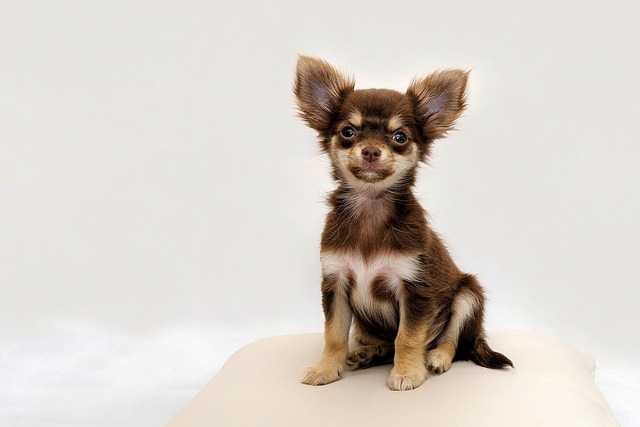
What to Feed a Chihuahua to Help It Grow Faster?
That tiny Chihuahua puppy curled up in your lap? Watching them transform from a shaky - legged furball into a feisty, healthy adult is a wild ride.
Feeding your Golden Retriever isn’t just about filling a bowl—it’s about fueling their boundless energy and maintaining that iconic, shiny coat. These lovable, active dogs have specific nutritional needs, and choosing the right food can make a world of difference in their health and happiness. But with countless options lining pet store shelves, finding the perfect fit can feel overwhelming. Let’s break it down.
Golden Retrievers are medium to large - sized dogs with high activity levels, especially during their younger years. They need a balanced diet rich in protein to support muscle development and repair. Look for foods where real meat, like chicken, beef, or fish, is the first ingredient. Avoid products that list fillers such as corn, wheat, or soy at the top, as these offer little nutritional value and can cause digestive issues in some dogs.
Omega - 3 and omega - 6 fatty acids are essential for Goldens. These healthy fats promote a lustrous coat, reduce inflammation, and support brain health. Foods containing fish oil, flaxseed, or chia seeds can help meet these needs. If your dog has skin problems or joint issues, supplements recommended by your vet can be a great addition to their diet, but always get professional advice first, as incorrect dosing can be harmful.
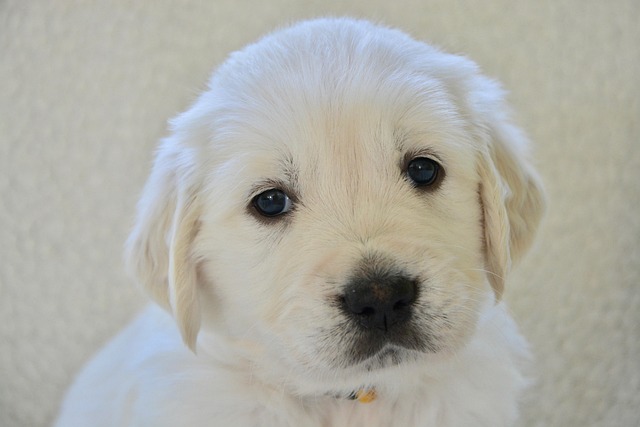 When it comes to carbohydrates, complex options like brown rice, sweet potatoes, and oats are ideal. They provide a slow - release source of energy to keep your Golden going on long walks or play sessions. Just be cautious if your dog has a sensitive stomach; some may tolerate certain grains better than others. In such cases, grain - free formulas might be worth considering, but make sure they still meet all nutritional requirements.
When it comes to carbohydrates, complex options like brown rice, sweet potatoes, and oats are ideal. They provide a slow - release source of energy to keep your Golden going on long walks or play sessions. Just be cautious if your dog has a sensitive stomach; some may tolerate certain grains better than others. In such cases, grain - free formulas might be worth considering, but make sure they still meet all nutritional requirements.
In many regions, pet food must meet specific regulatory standards. Check for labels indicating that the food is AAFCO (Association of American Feed Control Officials) approved, which means it meets the basic nutritional needs of dogs. Avoid purchasing products from unregulated sources, as they may not provide accurate ingredient information or proper nutrition.
Treats are a great way to bond with your Golden, but moderation is key. Opt for healthy, low - calorie options like freeze - dried liver, small pieces of apple, or carrots. Limit high - fat, sugary treats, as Goldens are prone to obesity, and extra weight can put stress on their joints, especially as they age. And never share human foods like chocolate, grapes, or onions with your dog, as these can be toxic.
Some Goldens may have food allergies or sensitivities. If you notice symptoms like itching, gastrointestinal problems, or ear infections, talk to your vet about an elimination diet to identify the culprit. Switching to limited - ingredient foods can also help manage these issues.
Remember, every Golden Retriever is unique. Puppies have different dietary requirements than adult dogs, and seniors may need food formulated for joint support and reduced calorie intake. Regular vet check - ups can help determine if your dog is at a healthy weight and if any adjustments to their diet are necessary.
Finding the best food for your Golden Retriever is a journey. By understanding their nutritional needs, following regulatory guidelines, and paying attention to their individual health, you can ensure your furry friend gets the fuel they need to live a long, happy, and healthy life.

That tiny Chihuahua puppy curled up in your lap? Watching them transform from a shaky - legged furball into a feisty, healthy adult is a wild ride.
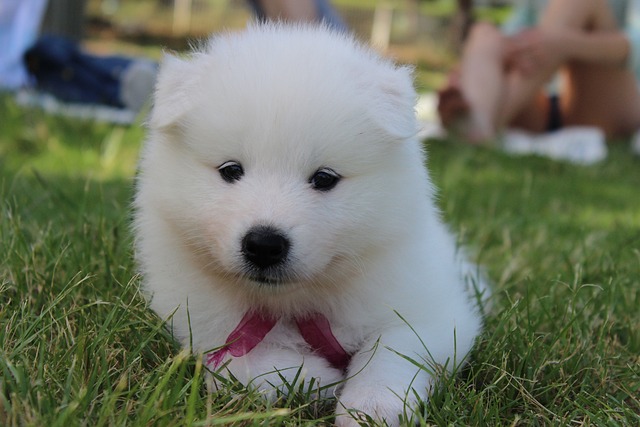
Watching your Samoyed puppy tumble around the living room, it’s hard not to wonder when that fluffy ball of energy will stop growing.
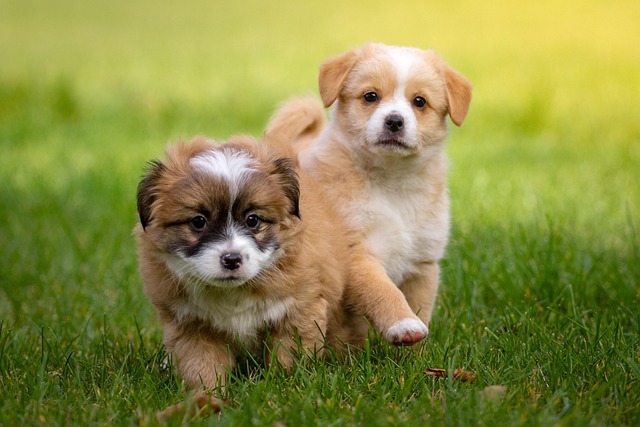
Picture this: You’re scratching your Golden Retriever’s chin and notice brown gunk clinging to their back teeth.
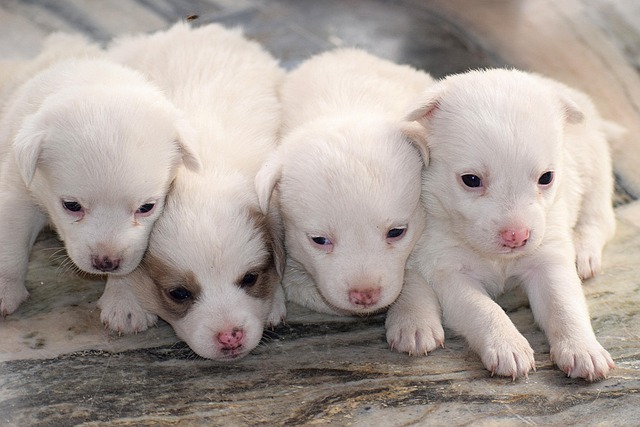
When the summer sun beats down, you might notice your dog panting heavily, tongue lolling out. Unlike humans who sweat to cool off
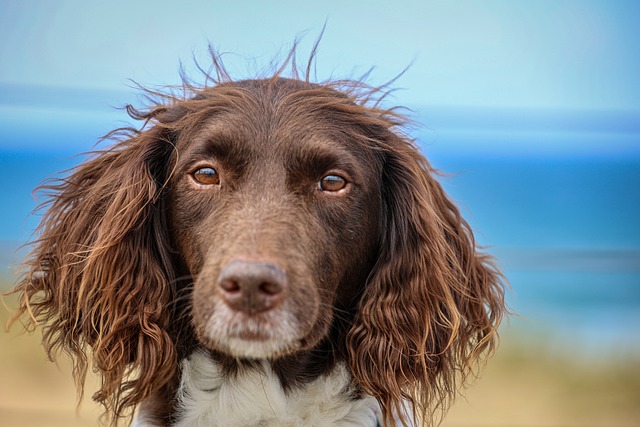
That faint "wet dog" smell when you walk in, or the stubborn whiff clinging to furniture despite your best efforts? Dog odors are a common headache
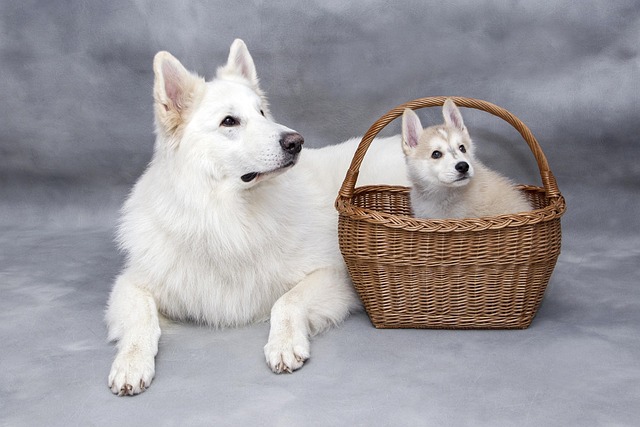
Ever stared at your fluffy friend and wondered how long it’ll take to get them looking show-ready? Dog grooming isn’t one-size-fits-all—time depends on breed, coat type, and the services you choose.